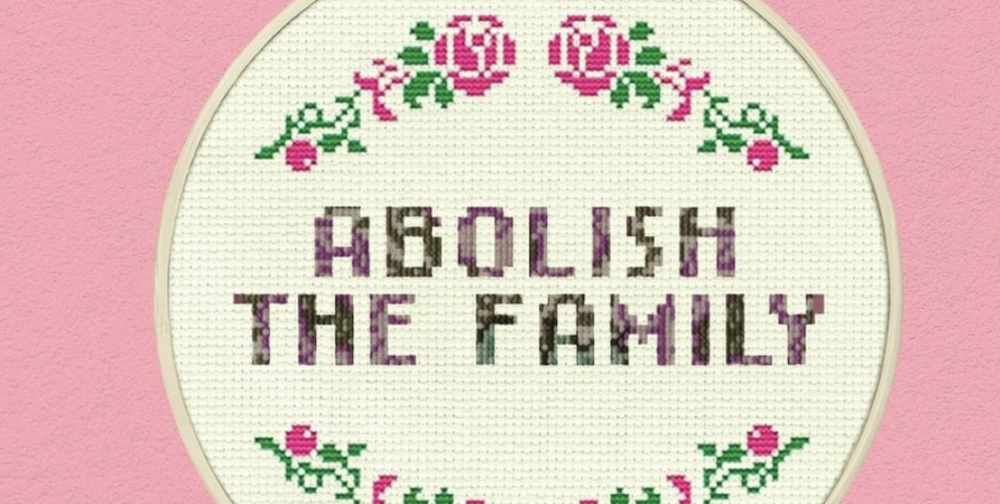Every day, 385,000 newborn babies enter the world. A fledgling group of theorists and writers is interested in reimagining how we think about these births and the children they produce. Using the provocative tagline “Abolish the Family,” this group of thinkers wants to challenge current notions of family structure and reproduction.
Login to read more
Sign in or create a free account to access Subscriber-only content.
